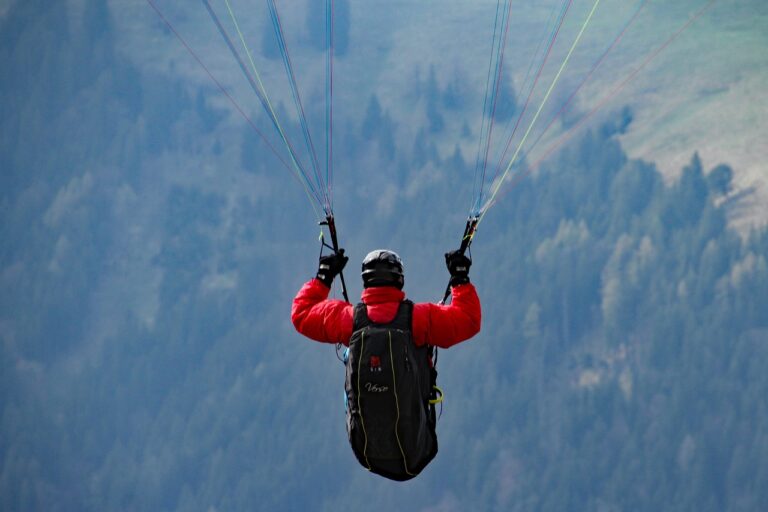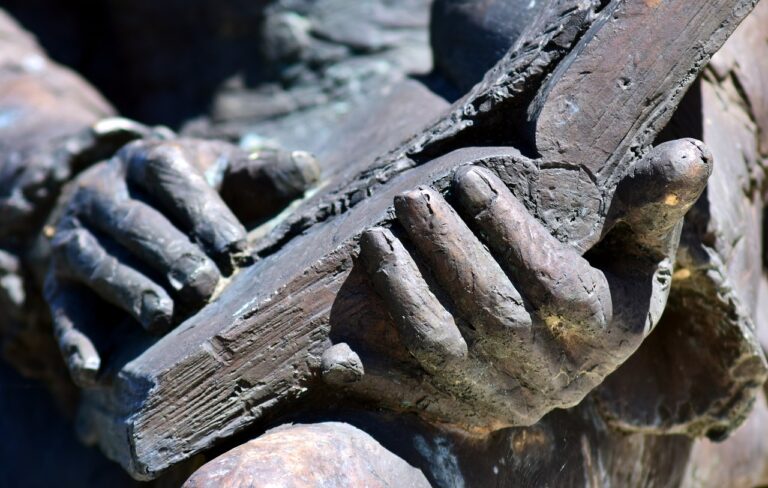Exploring the Role of Adventure Education in Experiential Learning: Lotusbook 365, Play99exch, All panel mahadev
lotusbook 365, play99exch, all panel mahadev: Adventure education plays a crucial role in experiential learning, offering a hands-on approach to education that goes beyond traditional classroom settings. By engaging in outdoor activities and challenges, students can develop a range of skills and qualities, such as teamwork, problem-solving, and resilience, that are essential for success in both academic and real-world environments.
The Role of Adventure Education in Experiential Learning
1. Building Confidence: Adventure education provides students with opportunities to step out of their comfort zones and take on new challenges. By overcoming obstacles and pushing their limits, students can build confidence in their abilities and develop a positive self-image.
2. Enhancing Communication: Through group activities and team-building exercises, students can improve their communication skills and learn how to work effectively with others. Effective communication is essential in both academic and professional settings, and adventure education provides a valuable opportunity to practice and develop these skills.
3. Fostering Resilience: Outdoor activities often present unexpected challenges and obstacles, requiring students to adapt and persevere in order to succeed. By facing these challenges head-on, students can develop resilience and learn how to overcome setbacks and failures.
4. Encouraging Physical Fitness: Adventure education often involves physical activities such as hiking, rock climbing, and canoeing, providing students with a fun and engaging way to stay active and maintain their physical fitness. Regular physical activity has been shown to improve overall health and well-being, as well as cognitive function.
5. Promoting Environmental Awareness: Engaging in outdoor activities can help students develop a deeper appreciation for the natural world and foster a sense of environmental responsibility. By exploring and experiencing nature firsthand, students can gain a greater understanding of the importance of conservation and sustainable practices.
6. Cultivating Leadership Skills: Adventure education offers students the opportunity to take on leadership roles and responsibilities, allowing them to develop essential leadership skills such as decision-making, problem-solving, and effective communication. These skills are valuable in both academic and real-world contexts and can help students become confident and capable leaders.
Adventure education plays a vital role in experiential learning by providing students with unique opportunities to learn and grow outside of the traditional classroom setting. By engaging in outdoor activities and challenges, students can develop a range of valuable skills and qualities that are essential for success in academic, professional, and personal endeavors.
FAQs
Q: What are some common outdoor activities used in adventure education?
A: Some common outdoor activities used in adventure education include hiking, rock climbing, canoeing, camping, and orienteering.
Q: How can adventure education benefit students in the long term?
A: Adventure education can benefit students in the long term by helping them develop essential skills such as teamwork, problem-solving, communication, resilience, and leadership, which are valuable in academic, professional, and personal settings.
Q: Is adventure education suitable for all students?
A: Adventure education can be adapted to suit students of all ages and abilities. Educators can tailor activities and challenges to accommodate different skill levels and ensure that all students can participate and benefit from the experience.







